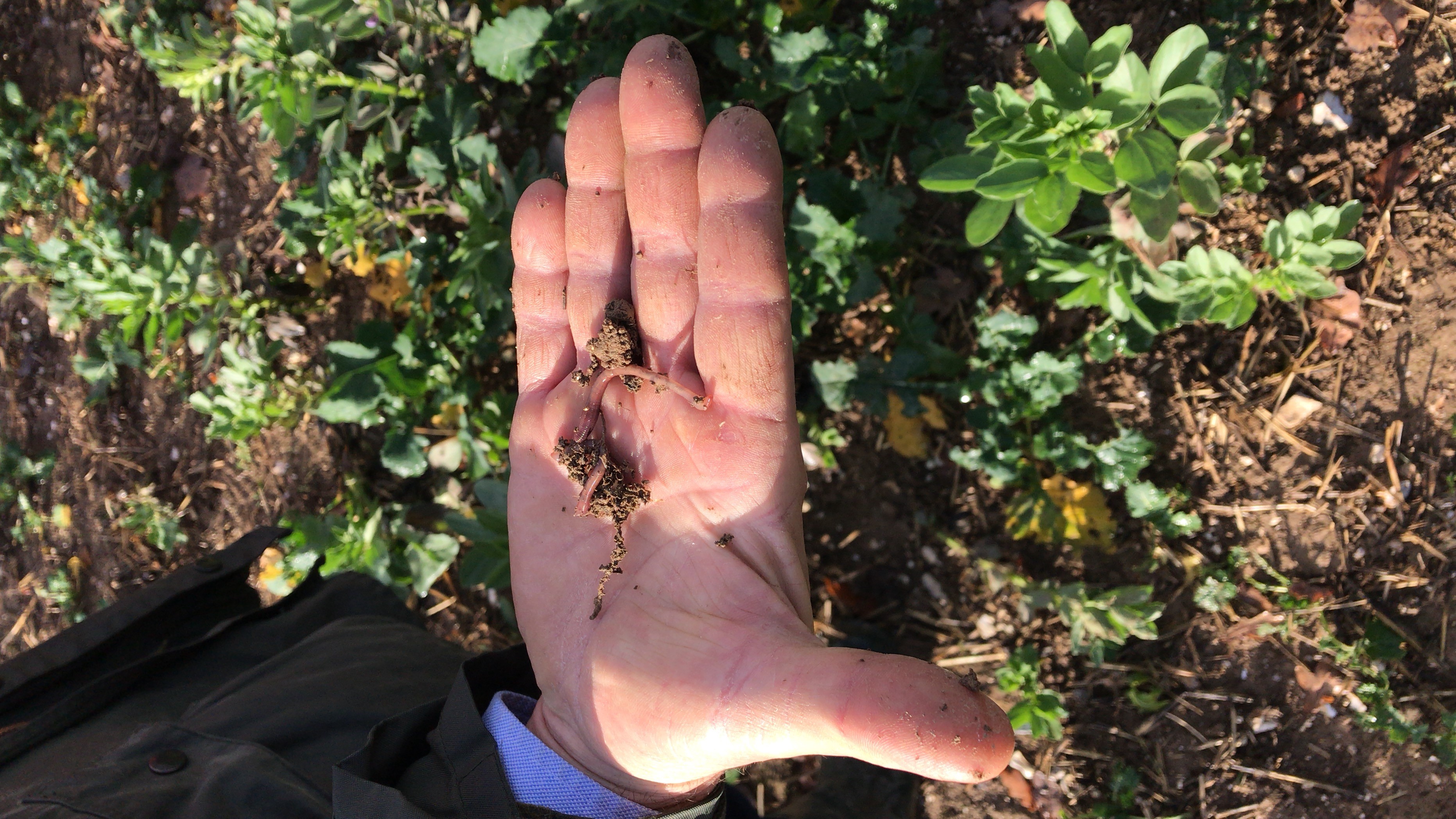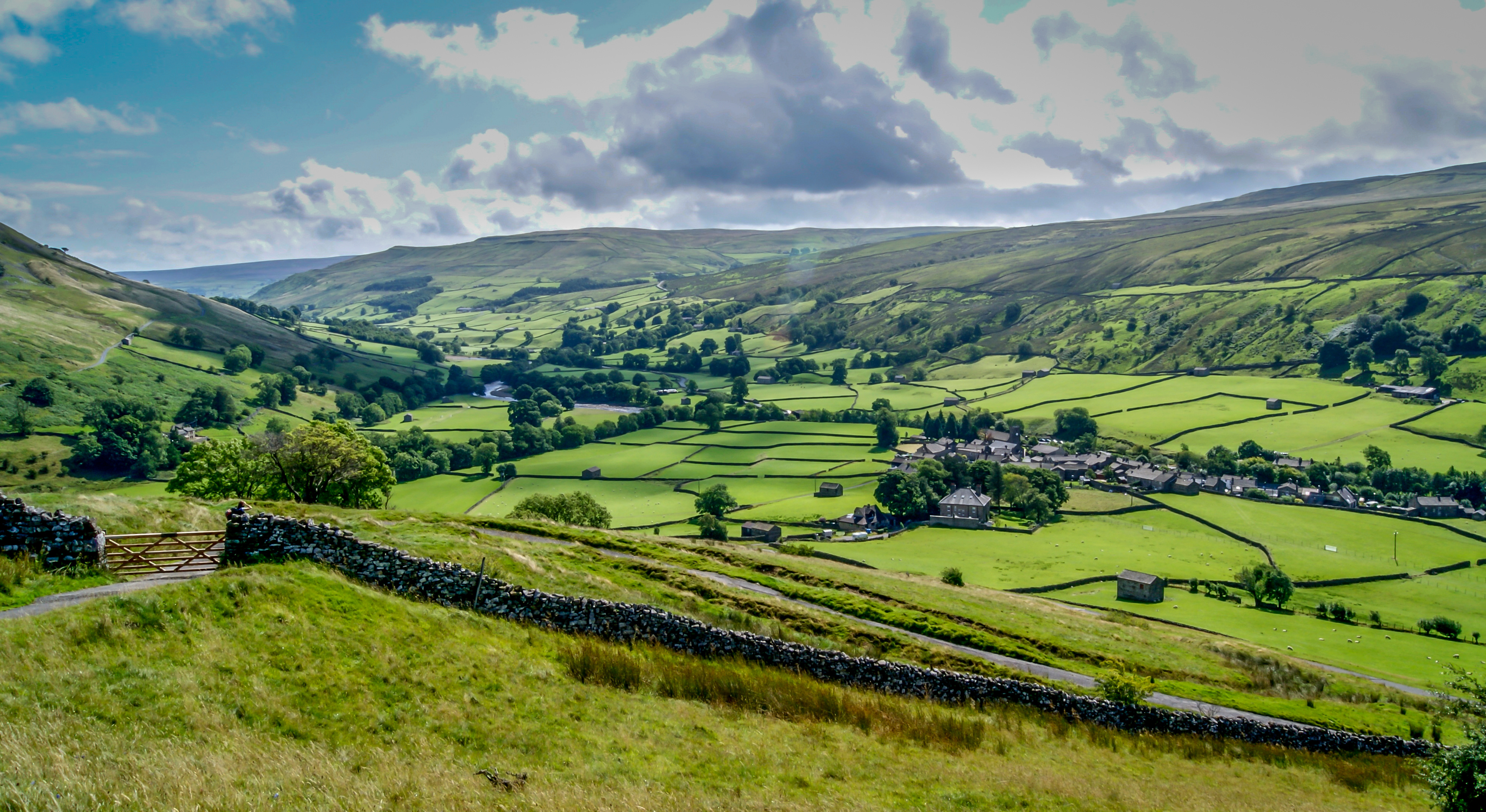



UK Government updates its Agricultural Transition Plan
Farmers will be able to earn up to £70 per hectare for actions to improve the health of their soil and livestock farmers will be eligible for a free vet-led annual health and welfare review, Environment Secretary confirmed in an update on the government’s Agricultural Transition Plan.

The Environment Secretary set out further details around how farmers will receive payments for different schemes under the Agricultural Transition Plan, which outlines the government’s roadmap towards introducing a renewed agricultural system now we are free from the Common Agricultural Policy which will be tailored in the interests of English farmers and co-designed and developed in partnership with industry.
He also set out that moorland farmers will be able to be paid to assess the condition of their land, and confirmed the early roll-out of the Sustainable Farming Incentive from spring 2022.
Over this Parliament, the government has committed to maintaining the current levels of investment in farming of £2.4bn per year, on average. Unfair and ineffective Direct Payments are being gradually phased out to move to a fairer system, where the funding released will be redirected back to farmers through environmental land management schemes which will help boost productivity and reward environmental improvements.
30% of the funding released from Direct Payments for environmental and climate outcomes will be made available for farm level actions through schemes such as the Sustainable Farming Incentive. Farmers will also be eligible for locally-specific and landscape-level schemes through Local Nature Recovery and Landscape Recovery.
Environment Secretary George Eustice said:
“Soil health is the key to delivering our targets on the environment and improving farm profitability. Well managed soils can lead to increased biodiversity, improved water quality and reduced carbon emissions. Our new Sustainable Farming Incentive will eventually be open to every farmer in England and will incentivise a shift towards more sustainable soil and grassland management.”
The Sustainable Farming Incentive will be the first of three environmental land management schemes to be rolled out and will include actions to improve soil health and water quality, enhance hedgerows and promote integrated pest management. It will also help to accelerate the widespread adoption of more sustainable approaches on all types of farms, building on the excellent practices that already happen on many farms. These include maintaining and enhancing the natural environment, reducing carbon emissions, and improving the health and welfare of farmed animals.
The scheme is designed to be accessible, relevant and attractive to the widest possible range of farmers to achieve the aim of at least 70% of eligible farms taking part by 2028. An initial call for applicants for the pilot was answered by more than 2,000 farmers and land managers.


By making some Standards – schemes within the Sustainable Farming Incentive - available from next year alongside existing schemes like Countryside Stewardship, Defra wants to provide more ways for farmers to be rewarded for producing public goods, bring more land into environmental management and deliver the environmental outcomes set out in the 25 Year Environment Plan.
Defra will also fund a yearly vet visit to eligible farms through the Annual Health and Welfare review to better understand the health and welfare of the national herd and flock and help to target future support in the right way.
The remainder of the released funds from phasing out the Basic Payment Scheme will be spent on environmental land management schemes, which will include locally tailored initiatives through Local Nature Recovery, and landscape-scale interventions such as Landscape Recovery projects. By 2028, spending will be evenly split across the three schemes, covering farm-level, locally tailored, and landscape-scale investment.
Four guiding Principles have also been published today which set out the approach to environmental scheme payments under the Agricultural Transition Plan. This includes new environmental land management schemes such as the Sustainable Farming Incentive, pre-existing ones like Countryside Stewardship, and time limited schemes such as Farming in Protected Landscapes


The principles are that:
- Payments should provide good value for money and achieve ambitious environment and climate change outcomes. Payment rates will be set to encourage wide participation, fairly and effectively paying farmers for achieving these outcomes
- Payments should, as far as possible, pay for environmental outcomes by recognising and rewarding the full range of activities that achieve environmental and climate outcomes
- Payments should recognise the value of existing natural assets and do not unfairly disadvantage those who are already achieving good environmental and climate outcomes
- Payments should form part of a market for environmental outcomes where scheme participants can earn income from public and private sector sources
Further information on how and what will be paid for through each scheme will be shared when each of the respective schemes are launched. This staged approach is a crucial principle of the development of these schemes as it reflects the government’s commitment to adapt and co-design individual schemes while working closely with industry.
The Government recently launched a consultation on the lump sum exit scheme and delinked payments which seek to offer a fairer system for farmers, encouraging generational change by providing more flexibility for new entrants to start up their farm businesses and supporting those who are ready to leave the sector to do so on their own terms.


Annual vet visits "crucial" to farm animal health and welfare
British Veterinary Association president James Russell has responded to the Government's updated Agriculture Transition Plan, stating that annual vet visits will be a "crucial first step" in improving farm animal health and welfare.
James Russell said: “The real win here is that for the first time the Government in England is recognising animal health and welfare as a public good that will attract public funds.
“The annual vet visits will be a crucial first step in delivering the ultimate aim of improving the health and welfare of the nation’s herds and flocks. It’s essential that the programme builds on, and strengthens existing farmer-vet relationships."
He continued: “We know there are some animals that currently have no access to veterinary healthcare and we welcome this opportunity to reach those farms so we can bring veterinary value to improving health, welfare and productivity.
“There is much more detail to be worked out and BVA is actively working with government and farmers to co-design what this looks like in practice. We welcome this first step that will help us to understand the bigger picture on health and welfare so we can target our efforts to make improvements on priority diseases.”









